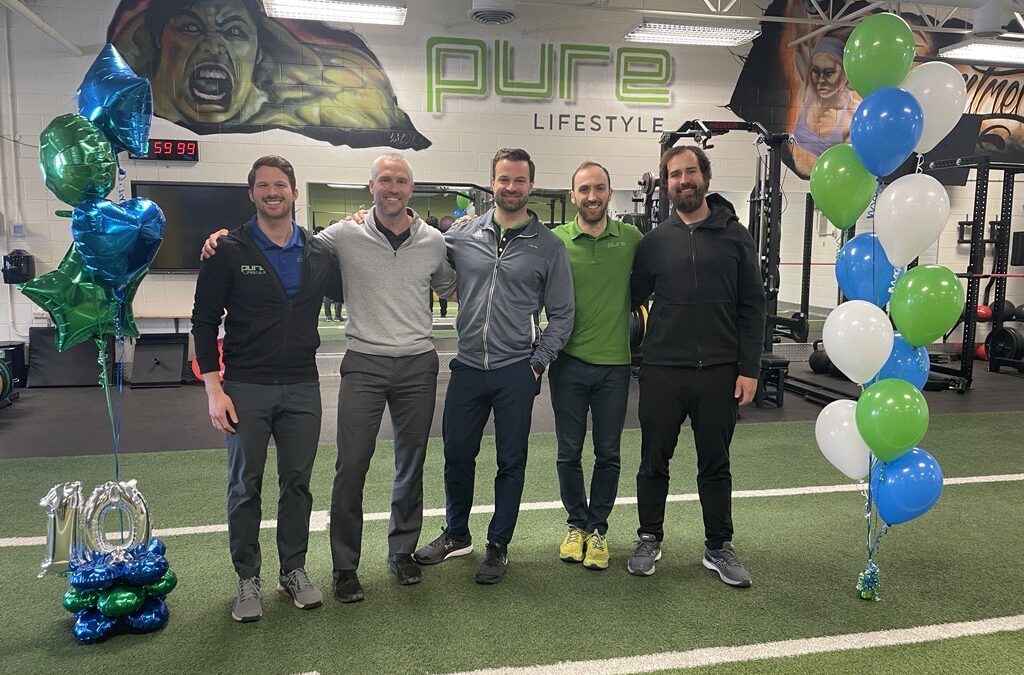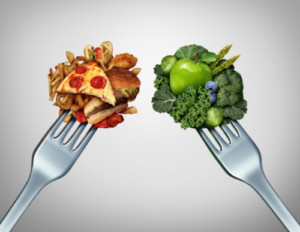Water, or as some like to call it H2O is the most important nutrient to life on earth. From mammals to plants, every living thing needs it to survive. Our bodies are no different. We can survive weeks without food yet can only last days without water. In fact, the human body is made up of 60% water. That’s 120 lbs of water if you weigh 200 lbs! That being said, the percentage is relevant to one’s body composition. Muscle tissues are comprised of 75% water whereas fat tissues are comprised of 25% water. Therefore, the more muscle you have, the more water is needed for proper function! Clearly, water is important if it makes up for more than half our body weight, but the majority of people still don’t seem to get enough water. Perhaps, it is because they are unaware of the amount of water needed for optimal health or the strategies which can be used for reaching those recommendations. Well, lucky for them there’s a pool of knowledge waiting to be discovered so let’s dive into this thing called hydration!
What is water’s role?
Water is the most remarkable nutrient available. There is no other nutrient that has as many physiological functions within our bodies. The following are some of the major roles that water has in our body:
- Water is a transporter and a solvent, therefore, it helps dissolve nutrients and transport them to important cells such as muscle tissue.
- Water is essential for cell growth because of it’s transporting properties.
- Water acts as a lubricant for joints and a shock absorber for the brain and spine.
- Water regulates our body temperature to keep us at homeostasis.
- Water provides us with an important source of dietary minerals.
As you can see, water has some very important roles for our health. If someone isn’t drinking ample amount of water, you can bet that their body’s physiology will be all out of whack.
Water loss
Our bodies loses water in four different ways:
- Water loss through skin and respiratory tract.
- Water loss through sweat.
- Water loss through urine.
- Water loss through feces.
Can you guess which one is the biggest contributor? The fact is, many people would guess sweat or urine but the major cause of water loss is actually through are skin and when breathing. We lose 53% of our water through ventilation/respiration and evaporation from the skin! The scientific term for it is “insensible water loss”, which means losing water without feeling it.
Why am I telling you this? Well it’s important to know that even though you don’t think you need to be drinking water, you probably do. Most people only rehydrate when they’re sweating or thirsty because that’s when they “feel” they need water. Be consistent and drink water throughout the day even when you might not feel thirsty.
Dehydration
Dehydration is one of the reasons why you feel like death the morning after a long night out on the town. Your body needs water to function properly and won’t be happy if it’s lacking it. In fact, it only takes 0.5% of body water loss to increase strain on the heart and 1% to decrease aerobic endurance. Heatstroke and physical exhaustion are the more severe symptoms of dehydration which occurs around 6% of water loss. Anything higher could lead to death. The following are some common symptoms of mild dehydration that one may experience if not following proper hydration strategies. This is especially important to realize during hot summer days or intense physical activities.
- Fatigue and weakness
- Long lasting thirstiness
- Dry skin
- Increased body temperature
- Headaches
- Muscle cramping
- Dark coloured urine
- Nausea
Electrolytes
Do you ever have your sweat drip down into your mouth and notice it taste a little salty? That’s because we don’t only lose water when sweating but also important minerals such as sodium, potassium, and chlorine. These minerals, also known as electrolytes are a major player in the role of dehydration. Electrolytes are electrical transporters which allow proper neurological signals get to our cells and enable fluids to cross cell membranes. They are essential for optimal physiological function. Therefore, to avoid dehydration we must replenish water loss as well as electrolyte loss. Electrolytes can be found in many whole foods so a proper diet of fruits and vegetables will usually be enough to replenish those needs. Unless one is extremely active and performing physical activity for over 1.5 hours, then one might want to consider adding electrolyte sources to his/her water.
How much water?
Unfortunately the food guides have done a terrible job of prescribing water. It’s the most important nutrient yet they don’t even have a category for it which is why so many people have no idea how much they need. They’ve never been educated. In general, one should aim to get 2 litres of water throughout the day. In addition to this 2 litres of water, one should also eat plenty of high water-containing whole foods such as fruits and vegetables. Many people don’t realize that eating fresh whole foods will also increase their hydration levels.
However, the amount of water needed is also dependent on one’s environment and physical activity levels. Therefore, individuals who are every active or in hot environments should use supplementary hydration strategies. Not only will they need more water, but they will also need to add electrolytes because they will be sweating more than the average person.
Click on the link below for a chart that will summarize hydration strategies for exercise.
Please note that adding electrolytes should only be needed when doing physical activity for periods longer than 1.5 hours or in a very hot environment where extreme sweating occurs. Adding electrolytes and carbohydrates is not necessary if you are only doing a light or moderate workout lasting an hour or less as you will be replenishing those losses with food.
Hydration Strategies
Here are a few strategies that can help you get more water throughout the day and guide you towards getting adequate fluid intake. Try performing one of these behaviours for two weeks and see if you can make it into a habit where it becomes automatic.
| Behaviour |
Task |
|
1 |
|
|
2 |
|
|
3 |
|
Voila, the basics of hydration simplified with a few strategies to help you on your quest to of being properly hydrated! Want to know the best part about drinking water? There are no calories! So don’t be afraid to chug some back throughout the day!
P.S. If you’re still confused or wanting help on any of the topics covered in the nutrition 101 series, feel free to contact me via email at paul@purewinnipeg.com
Cheers,
Paul Bissonnette B. Kin, CEP, CSCS, FMSC, Pn1
References
- Andrews, R. (n.d.). All about dehydration. Retrieved from Precision Nutrition: http://www.precisionnutrition.com/all-about-dehydration
- Baechle, T. R. ; Earle, R. W. & National Strength and Conditioning Association. (200). Essentials of strength training and conditioning (3rd ed.). Champaign, IL: Human Kinetics.
- Berardi, J., & Andrews, R. (2015). The Essentials of Sport and Exercise Nutrition Certification Manual (Second ed.). Precision Nutrition Inc.
- McArdle, W., Katch, F., & Katch, V. (2010). Exercise Physiology: Nutrition, Energy, and Human Performance (7 ed.). Philadelphia: Wolters Kluwer: Lippincott Williams & Wilkins.







